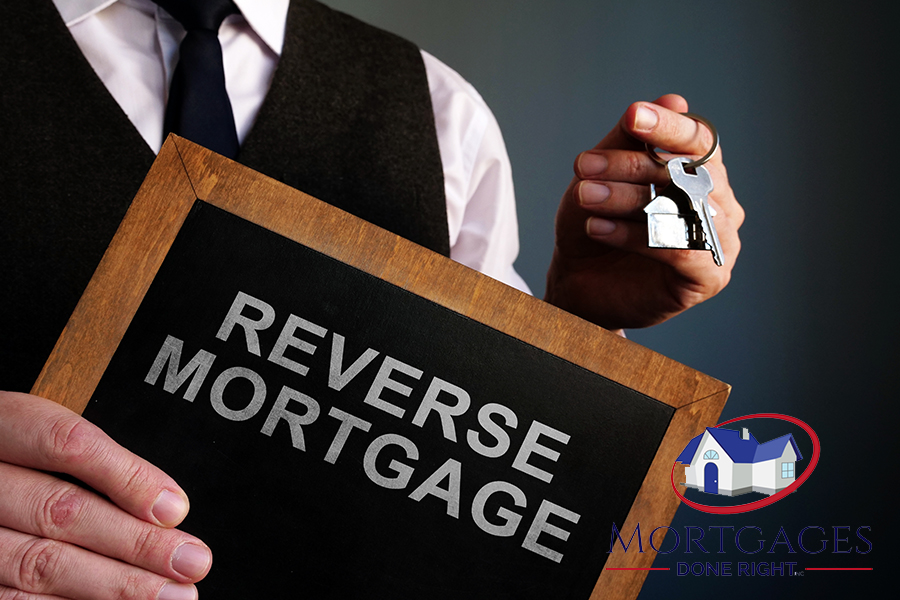
What is a Reverse Mortgage?
To summarize, a homeowner who is 62 or older and has substantial home equity can borrow against the value of a property and receive funds either as a lump sum, fixed monthly payment or line of credit. Unlike a forward mortgage—the type used to buy a home—a reverse mortgage doesn’t require the homeowner to make any loan payments.
Instead of making monthly payments, the entire loan balance becomes due and payable when the borrower dies, moves away permanently or sells the home. Federal regulations require lenders to structure the transaction so the loan amount doesn’t exceed the home’s value and the borrower or borrower’s estate won’t be held responsible for paying the difference if the loan balance does become larger than the home’s value. One way this could happen is through a drop in the home’s market value; another is if the borrower lives a long time.
How Florida Reverse Mortgages Work
When you take out a reverse mortgage, instead of the homeowner making payments to the lender, the lender makes payments to the homeowner. The owner gets to choose how to receive these payments) and only pays interest on the proceeds received. The interest is rolled into the loan balance, so the homeowner doesn’t pay anything up front. The homeowner also keeps the title to the home.
Much like a regular mortgage, the home is the collateral for a reverse mortgage. When the homeowner moves or dies, the proceeds from the home’s sale go to the lender to repay the reverse mortgage’s principal, interest, mortgage insurance, and fees. Any extra money besides what was borrowed go to the homeowners (if he or she is still living) or the homeowner’s estate (if the homeowner has died). Another option for the heir is to payoff the mortgage and keep the property. If you believe reverse mortgage is what you need call Mortgages Done Right in Boynton Beach and we will be glad to help!